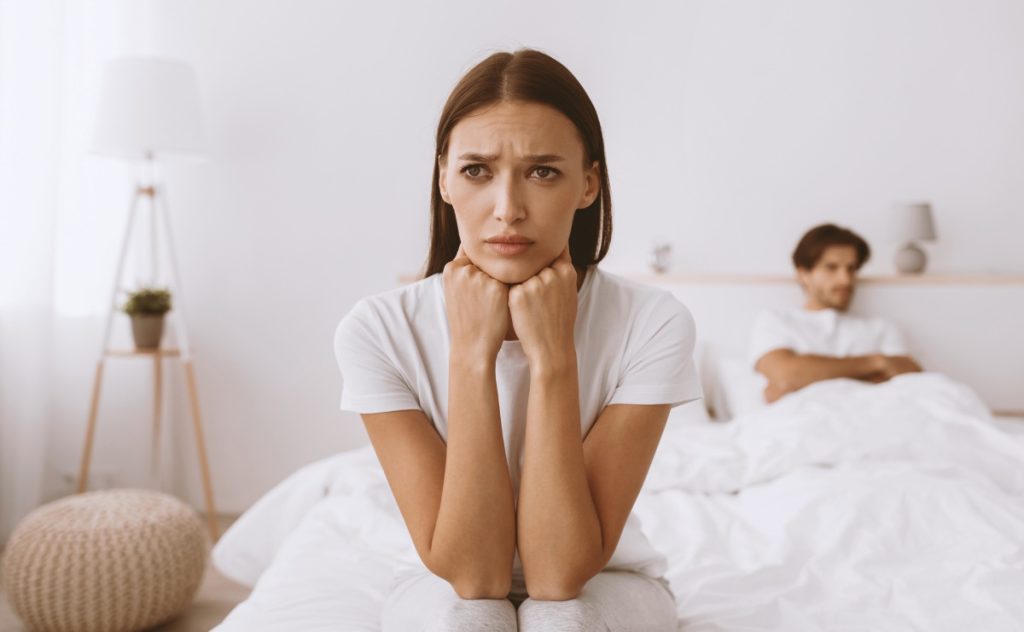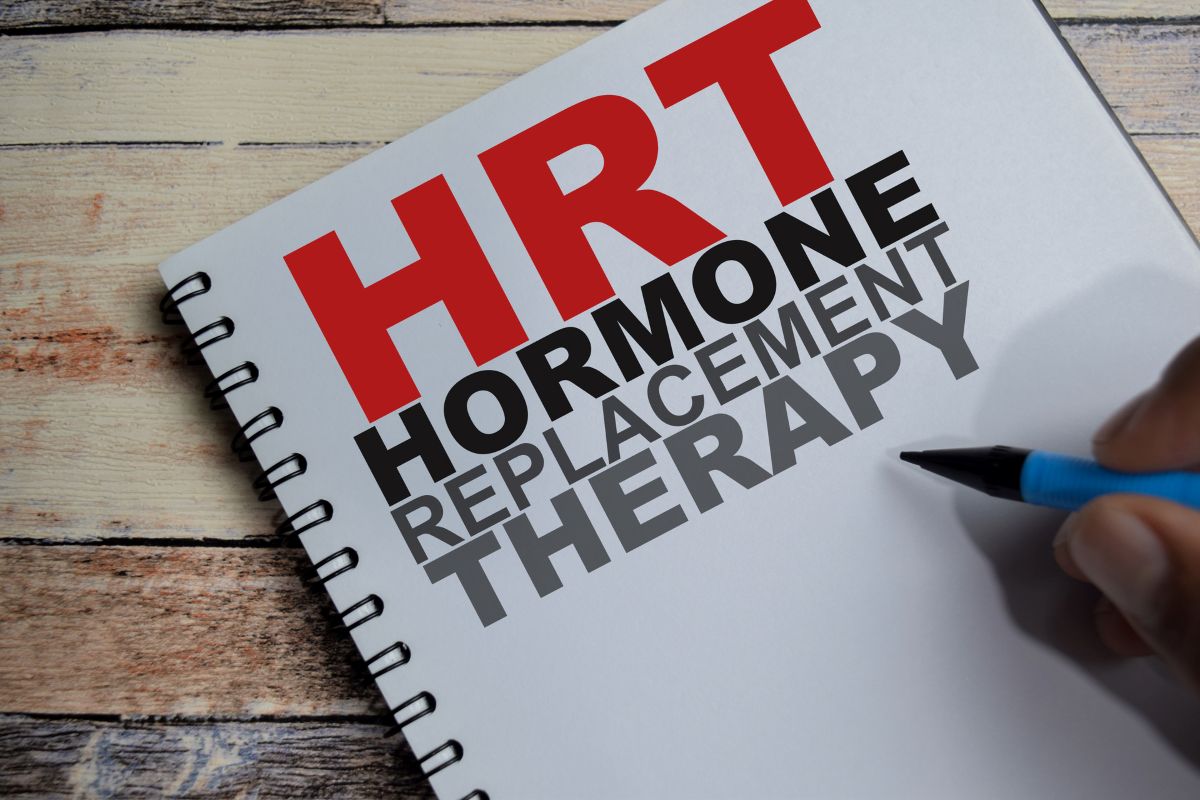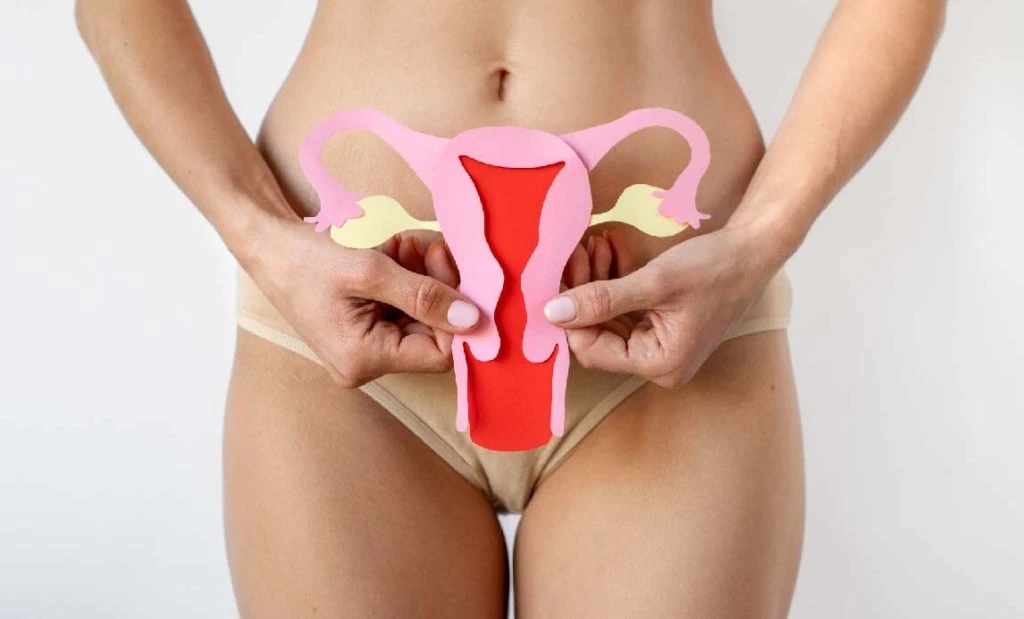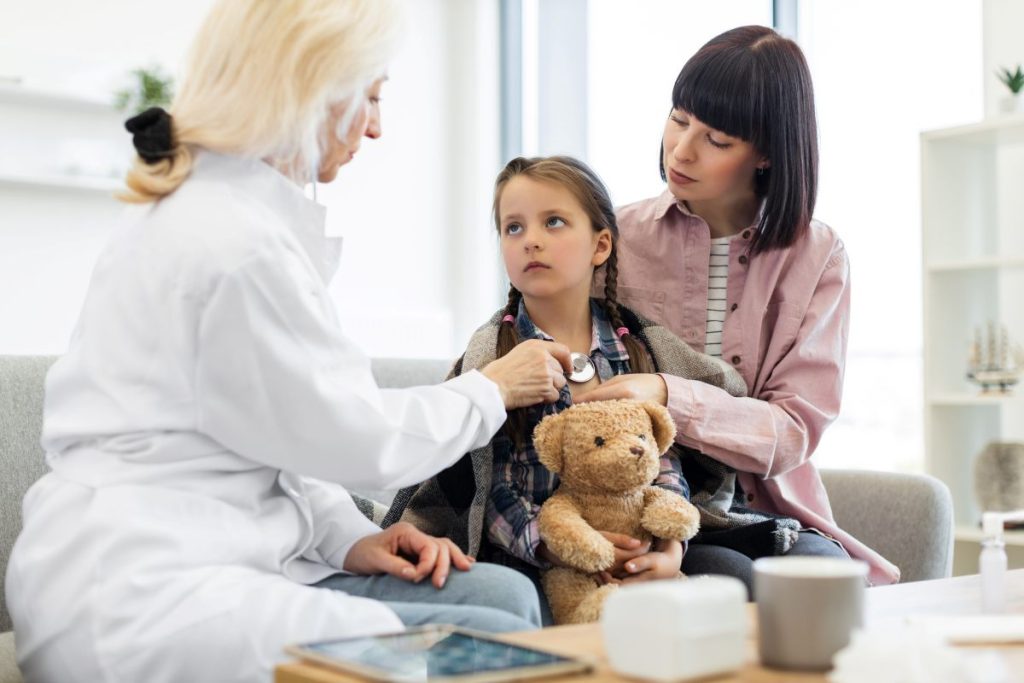Hormones play a crucial role in regulating everything from mood and metabolism to sleep and reproductive health. When levels start to fluctuate – often due to menopause, perimenopause, or certain medical conditions – the effects can be felt throughout the body. For some women, these changes are manageable. For others, they can be disruptive and even debilitating. That’s where hormone replacement therapy (HRT) may help.
So, what are the signs that you need hormone replacement therapy, and when should you consider discussing it with your doctor? Here are eight key indicators to look out for, along with professional advice on how HRT supports overall wellbeing.
1. Persistent Hot Flushes and Night Sweats
Hot flushes are one of the most common signs of falling oestrogen levels. They can strike suddenly, causing intense heat, flushing, and perspiration that lasts anywhere from a few seconds to several minutes. Night sweats – their nocturnal counterpart – can leave you exhausted and disrupt your sleep quality.
When hot flushes start to affect your work, confidence, or rest, it’s a sign that your hormones may need rebalancing. HRT helps stabilise oestrogen levels, reducing the frequency and intensity of these episodes over time.
2. Sleep Problems and Fatigue
Hormonal imbalance can wreak havoc on your sleep cycle. Low oestrogen and progesterone levels often lead to insomnia, early waking, or poor-quality rest. Add night sweats into the mix, and fatigue becomes inevitable.
Good sleep hygiene helps, but if the issue persists, HRT may provide relief by addressing the root hormonal cause. Restoring balance not only improves sleep but also boosts energy levels, mental clarity, and mood.
3. Mood Changes and Anxiety
Mood swings, irritability, and heightened anxiety are often linked to hormonal shifts during menopause or perimenopause. The brain’s neurotransmitters, such as serotonin and dopamine, rely on oestrogen for stability. When levels drop, emotional regulation can suffer.
If you’re finding it harder to manage stress or your mood feels unpredictable, it’s worth discussing with a healthcare provider. HRT can help stabilise these fluctuations, leading to a more balanced emotional state.
4. Vaginal Dryness and Discomfort
Oestrogen maintains the elasticity and natural lubrication of vaginal tissues. When levels decline, dryness, itching, or burning can occur, often leading to discomfort during intimacy or even day-to-day irritation.
Local oestrogen creams, pessaries, or rings can effectively treat this without affecting the rest of the body. If symptoms are more widespread, systemic HRT may be recommended to restore comfort and improve sexual wellbeing.
5. Irregular or Missed Periods
During perimenopause – the transition leading up to menopause – menstrual cycles often become irregular. Some months may bring heavier bleeding, while others bring no period at all. This inconsistency can signal fluctuating hormone levels, particularly oestrogen and progesterone.
Keeping track of your cycles and discussing changes with a doctor helps determine whether you’re approaching menopause or if another underlying condition needs attention. HRT can help regulate these fluctuations and ease accompanying symptoms like cramps and mood swings.
6. Cognitive Fog and Concentration Issues
Many women describe experiencing “brain fog” during hormonal transitions – difficulty focusing, forgetfulness, or feeling mentally sluggish. Oestrogen plays a key role in supporting cognitive function and blood flow to the brain.
If you’ve noticed memory lapses or reduced concentration that interfere with your daily life, it could be a hormonal issue rather than stress or ageing alone. HRT may help sharpen mental clarity by restoring hormone balance.
7. Low Libido and Sexual Changes

A declining sex drive is a common but often overlooked symptom of hormonal imbalance. Reduced oestrogen or testosterone levels can lower desire, affect arousal, and cause discomfort during intimacy.
If these changes are affecting your confidence or relationships, know that you’re not alone – and that treatment options exist. HRT, sometimes combined with lifestyle adjustments, can improve libido and overall sexual wellbeing by supporting hormone stability.
8. Joint Pain and Muscle Stiffness
Falling oestrogen levels can impact joint health, leading to stiffness, pain, or a general feeling of achiness. Many women are surprised to discover that what feels like ageing-related soreness may actually be hormone-related.
HRT can help by improving circulation, reducing inflammation, and maintaining tissue elasticity, making movement feel easier and more comfortable.
The Role of Hormonal Balance in Health
Hormones are the body’s messengers – when they fall out of balance, every system feels the effect. Maintaining hormonal balance supports heart health, bone density, mood regulation, and even skin elasticity. HRT is one of several evidence-based approaches that can restore equilibrium and improve quality of life when natural hormone production declines.
However, HRT isn’t suitable for everyone. Factors such as age, medical history, and risk profile must be carefully evaluated. That’s why professional assessment is so important before starting treatment.
The Benefits of Professional Guidance
If you’re experiencing several of these symptoms, seeking advice from a healthcare provider is the safest next step. A medical professional can assess hormone levels, rule out other causes, and recommend the most suitable form of therapy – whether that’s oestrogen-only, combined HRT, or non-hormonal alternatives.
Choosing compassionate private healthcare for women at GG healthcare ensures you receive individualised care from experts experienced in women’s hormonal health. Personalised treatment plans can make a significant difference to comfort, confidence, and long-term wellbeing.
When to Talk to Your Doctor
If your symptoms are interfering with your quality of life – affecting your sleep, mood, focus, or relationships – it’s worth having a conversation about HRT. Don’t wait until you’re struggling; early intervention often means better outcomes and an easier adjustment period.
Be open about your symptoms, medical history, and goals. Your doctor can help weigh the benefits and risks, offering guidance tailored to your specific stage of life.
Final Thoughts
Hormonal changes are a natural part of ageing, but that doesn’t mean you have to endure their effects in silence. If you’ve recognised several of these signs, it may be time to explore whether hormone replacement therapy could help you regain balance and vitality.
With medical support and a personalised plan, many women find relief from symptoms they once thought were “just part of getting older.” The right approach to HRT can help you feel more like yourself again – energised, focused, and comfortable in your own body.








